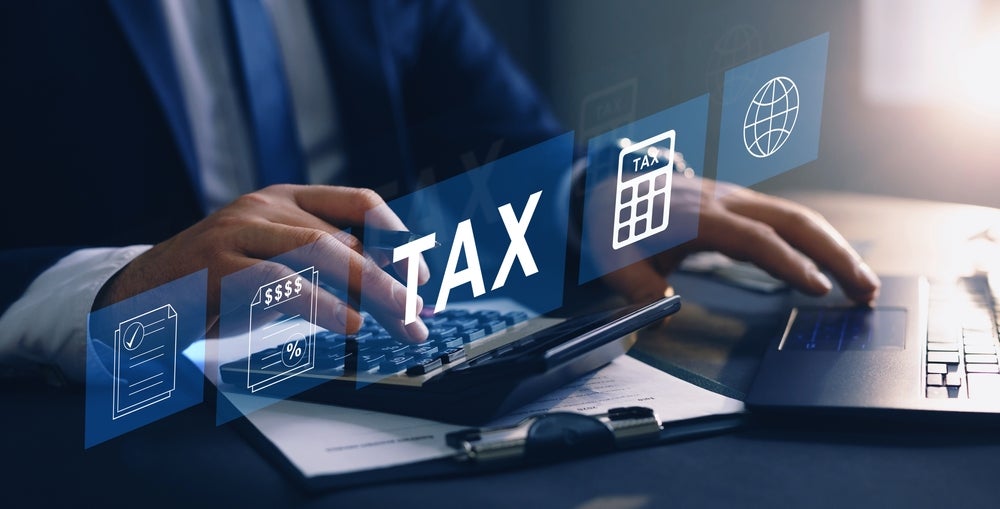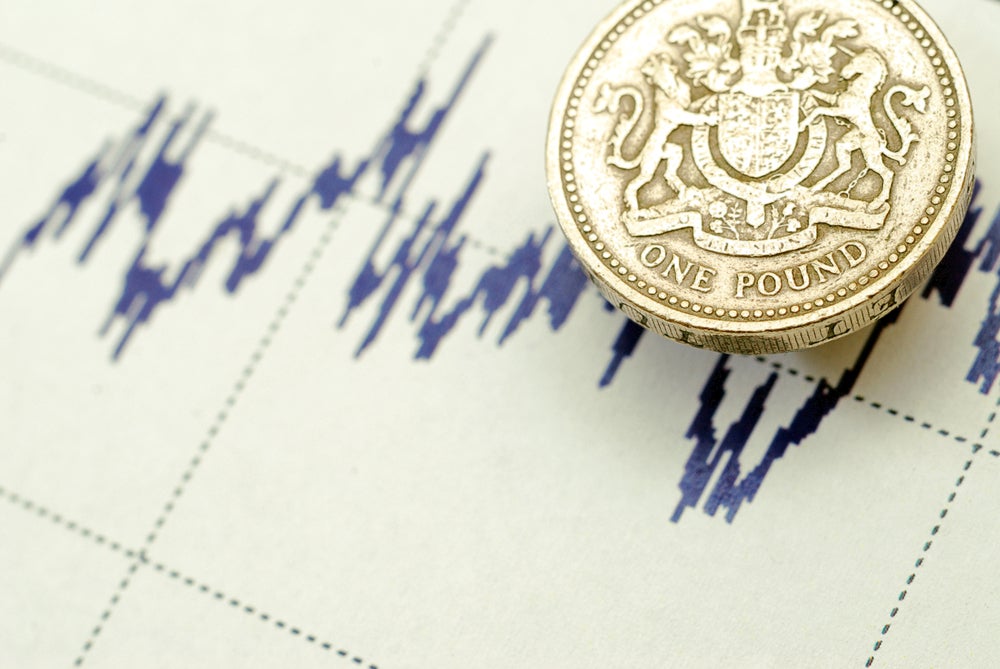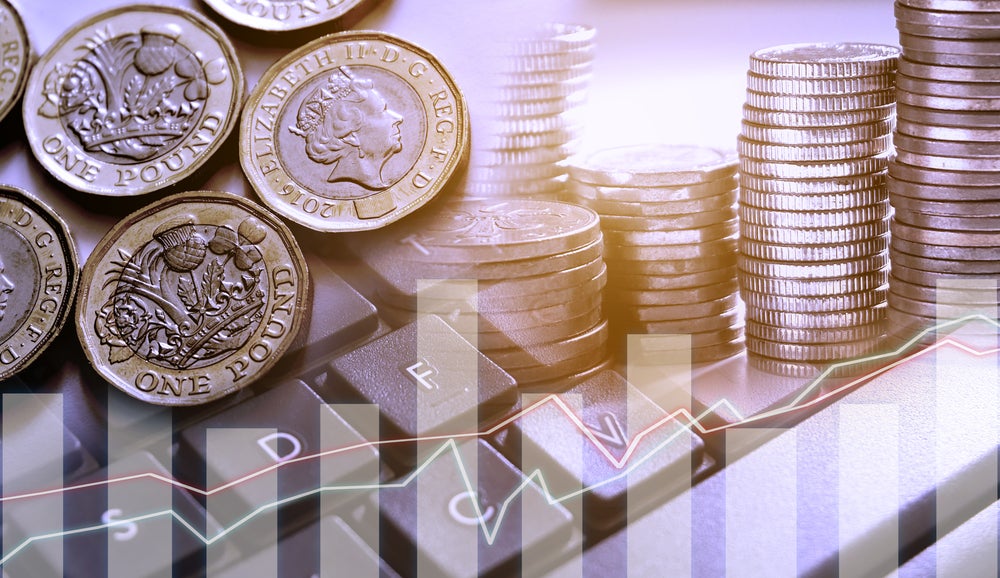All main global indicators fell in the Q2 Global Economic Conditions Survey (GECS), suggesting a decisive deterioration in the global economic outlook.
The Q2 GECS was conducted in mid-June by the Association of Chartered Certified Accountants (ACCA) and the Institute of Management Accountants (IMA). It points to the most likely outcome for the rest of 2022 to be weak growth due to the effects of war in Ukraine and surge in inflation across much of the world.
There are indications that a global recession will be avoided despite rising risks.
Confidence among financial professionals has dropped sharply, but the level remains above the low-point at the height of the Covid pandemic.
‘Fear’ indices reflect the level of concern that customers and suppliers may go out of business. These two changed little in the Q2 survey, both slightly higher. They have both fallen back from extreme levels seen in 2020, but remain above pre-pandemic levels.
The largest fall in confidence occurred in the Middle East. This region is more exposed to trade with Russia and Ukraine. North America and western Europe also recorded large falls due to recent jumps in inflation.
How well do you really know your competitors?
Access the most comprehensive Company Profiles on the market, powered by GlobalData. Save hours of research. Gain competitive edge.

Thank you!
Your download email will arrive shortly
Not ready to buy yet? Download a free sample
We are confident about the unique quality of our Company Profiles. However, we want you to make the most beneficial decision for your business, so we offer a free sample that you can download by submitting the below form
By GlobalDataElsewhere, falls in confidence were still significant but more modest, with only North America seeing confidence falling back to levels seen during the Covid pandemic in 2020.
Orders are a lead indicator of economic activity and are above their long-run average. The employment index, despite dropping in Q2, is also well above its long-run average. Job markets are tight and rising employment in many countries is offsetting some of the effects of high inflation on real incomes.
In a list of top concerns since the Q1 survey, financial professionals have swapped concerns for covid with those about inflation and rising interest rates. For the third GECs in a row, supply shortages and supply chain issues have remained the highest ranked risk.
ACCA head of skills, sectors and technology Jamie Lyon said: “Post-pandemic recovery has now given way to negligible economic growth, elevated inflation, and extreme uncertainty. The war in Ukraine has given inflation a further boost by pushing commodity prices higher. But inflation was already high and rising before the war started in February: a strong rebound in demand fuelled by a massive monetary and fiscal response to the Covid pandemic had run up against supply shortages, resulting in a surge in price pressures.”
IMA vice president of research and thought leadership Loreal Jiles adds: “High inflation is resulting in falls in real disposable incomes putting downward pressure on private demand, especially household consumption. Prices of both food and energy are rising rapidly. The result is a cost-of-living crunch on low-income households in advanced economies and across virtually all low and middle-income countries, where these two categories account for a high share of spending.”
Lyon concludes: “Risks of a global recession have increased but our central case is that growth will be positive if rather weak. Employment growth may support total consumption. Nonetheless, with the exception of the Covid recession of 2020, we expect global GDP growth this year and next will be the weakest since the Global Financial Crisis of 2007-09.”






